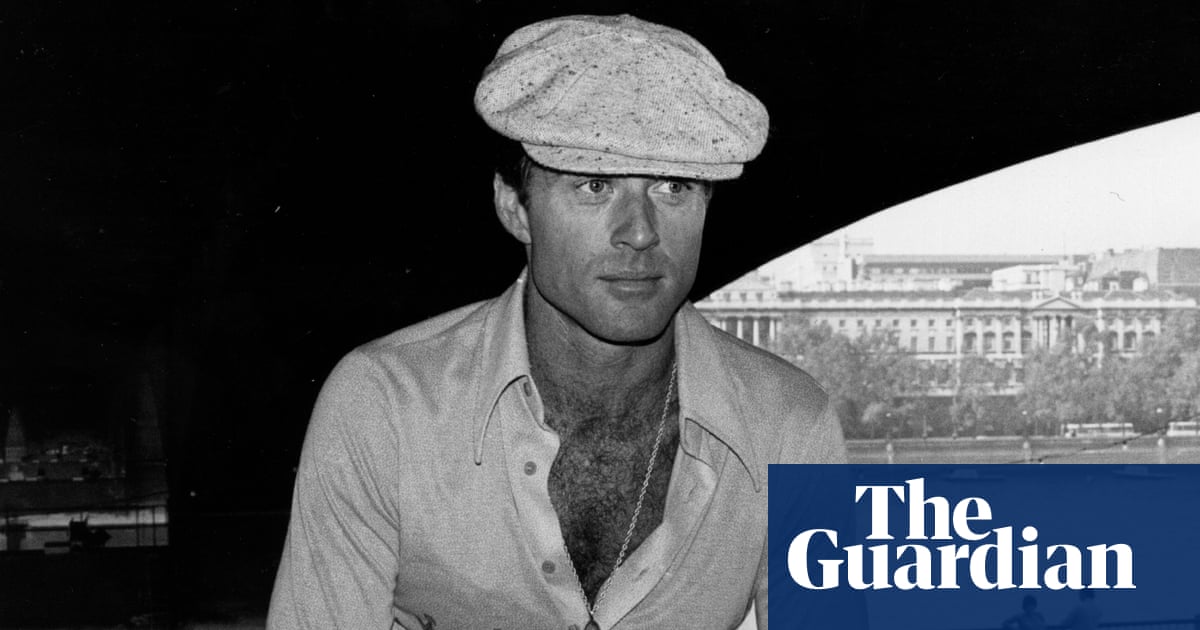
"The pantheon of men's style icons is surprisingly compact. There are scores of uniquely handsome and stylish actors, pop stars, sportsmen but when it comes to their decades-long influence and a sense of permanence unaffected by trends in fashion, three square-jawed American boys next door stand out: Paul Newman, Steve McQueen and Robert Redford, who died yesterday at 89. Redford's death is, obviously, a loss to cinema. In the latter half of the 20th century, few actors so roundly embodied the soul of American film-making, or perhaps even the US itself."
"During a decade-long, career-defining run of hit movies, Redford established the archetype of the modern leading man. He was impossibly handsome and warmly charismatic, of course, but also scrappy, soulful, athletic, bookishly intelligent and politically aware. A matinee idol who could fix your car while reciting Walt Whitman."
"But his influence spread beyond Hollywood. For the menswear fraternity, especially those remaining few tasked with publishing men's style magazines, Redford's death is especially poignant. He was a paragon of masculine cool and a sartorial chameleon, able to take any aesthetic trope the cowboy, the drifter, the clean-cut executive, the coastal intellectual and make it shine with easy authenticity. Redford played with style, able to flit between macho tradition and 70s femininity, and always with innate sex appeal"
Robert Redford died at 89 after a career that defined the modern leading man and became a symbol of mid-20th-century American cinema. He combined handsomeness and charisma with scrappy soul, athleticism, bookish intelligence and political awareness to create a versatile archetype. Breakout roles such as the Sundance Kid and a fictitious Olympic skier in Downhill Racer remade the cowboy and showcased his sartorial range. His influence extended beyond film into menswear, where he embodied masculine cool and shifted effortlessly among tropes—the drifter, the clean-cut executive, the coastal intellectual—while blending macho tradition with 1970s softness.
Read at www.theguardian.com
Unable to calculate read time
Collection
[
|
...
]